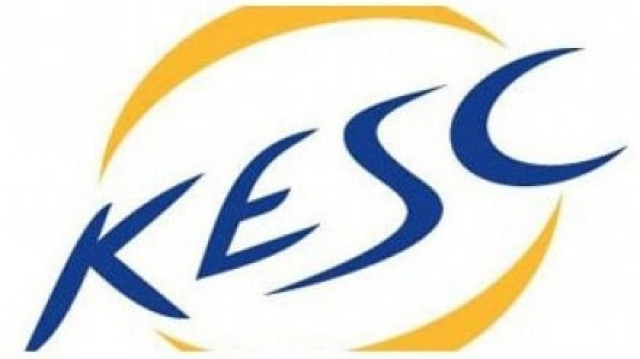KESC: Rationalisation of work force on the books
Voluntary separation scheme offered to 4,500 employees.

According to an internal notification issued by the power distributor, office staff and workers involved in non-core functions, such as drivers, office attendants, security guards and sanitary workers are eligible for the scheme. KESC has 4,500 employees under non-core category.
The voluntary retirement proposal guarantees a minimum pay-out of Rs700,000 to employees who have worked with the company for at least one year.
“KESC has accumulated heavy losses over the past decade,” read the notice. A company official said that the scheme would help the company rationalise its workforce and control expenditure incurred on human resources.
Employees will be compensated from a minimum of 25 basic salaries to a maximum of 85 basic salaries, depending on the individual length of employment. Eligible workers may apply for the scheme through their respective managers before January 15.
Up to 75 per cent of the entitlement will be paid in cash, while the remaining quarter will be issued in the form of three-year term finance certificates (TFCs) of KESC with an expected payout of 16-17 per cent.
These TFCs will be listed and traded at the Karachi Stock Exchange. The upfront payment will include post-retirement benefits, comprising electricity for five years as well as seven and a half basic salaries. Final settlement of the VSS will be made within one month of the last working day of each worker who is granted voluntary separation.
Eligibility criteria dictate employees be under 59 years of age on January 1, not employed on a contractual basis and not on probation.
Published in The Express Tribune, January 1st, 2011.



















COMMENTS
Comments are moderated and generally will be posted if they are on-topic and not abusive.
For more information, please see our Comments FAQ